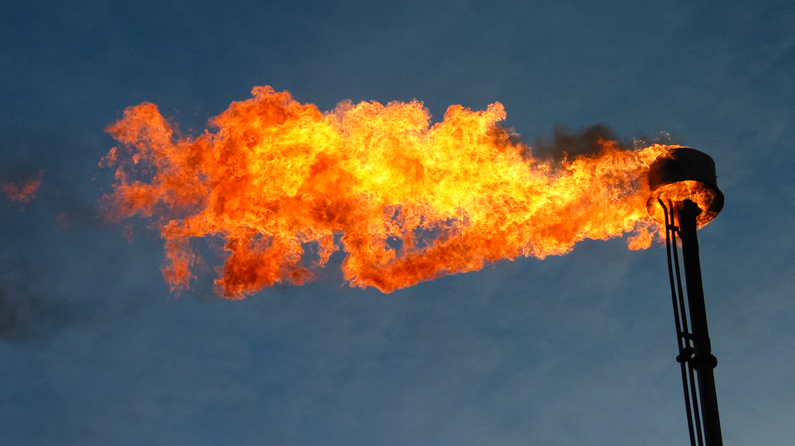 What to do with all of that natural gas that accompanies the shale oil has long been a problem for gas producers. Unfortunately, one of the most common practices, flaring, looks like it might not be an option for those producers in North Dakota and Texas for much longer.
What to do with all of that natural gas that accompanies the shale oil has long been a problem for gas producers. Unfortunately, one of the most common practices, flaring, looks like it might not be an option for those producers in North Dakota and Texas for much longer.
While collecting, refining and transporting that natural gas has always been an expensive prospect, it turns out that it may not have been the best option to begin with. Why not use a well-known but not well-used process to change that natural gas into diesel?
The Trouble with Flaring
The obvious pressure about flaring is coming from environmental groups. Releasing the gas is illegal in the state which is why flaring was always an option. Flaring produces a wide variety of named greenhouse gases, with carbon dioxide being the main one. This attracts attention from environmental groups as well as government agencies. The EPA is working with the state on specifics for regulations. Those regulations may change at any time.
While the states continue to allow flaring for the time being it is looking into alternatives to the practice. The obvious economic benefit to flaring is seen as a potential waste of resources that could be used elsewhere.
A Problem of Infrastructure
The main issue with natural gas production from oil fracking fields is the lack of an infrastructure (pipelines) to handle it. Simply put, there is just no economical way to build up the support structures that would be needed actually to market the natural gas. There may be an alternative.
The Fischer-Tropsch Process
In 1925 a process was developed by two German scientists Franz Fischer and Hans Tropsch. This process is a gas-to-liquids process that allows the creation of a variety of hydrocarbons. This process is the key to transforming shale natural gas into a liquid, low sulfur diesel fuel.
The process starts with a partial oxidation of the natural gas. It is broken into carbon dioxide, carbon monoxide, hydrogen gas and water. Excess CO2 is removed and a water gas shift reaction is used to alter the ratio of CO to H2. Removing the water leaves a product called syngas that can then be sent over a catalyst bed to produce diesel and other byproducts.
Revenue instead of Waste
Diesel is stable, easy to transport and used in a wide range of applications. This means instead of burning off what was once thought of as a liability; you can instead convert it into a revenue stream. The process, while not as widely used as it should be, is an easy one to set up ─ with the right expertise, of course.
COSTELLO can Help You Transfer Natural Gas to Petrol
Looking for the right mix of process and chemical engineering knowhow? Then look no further than COSTELLO. We can help you set up your fracking operation to stop the flaring and create liquid petrol instead. Learn more about what COSTELLO can do for you today!
Phone: 310-792-5870 Email: rcca@rccostello.com
Website: rccostello.com